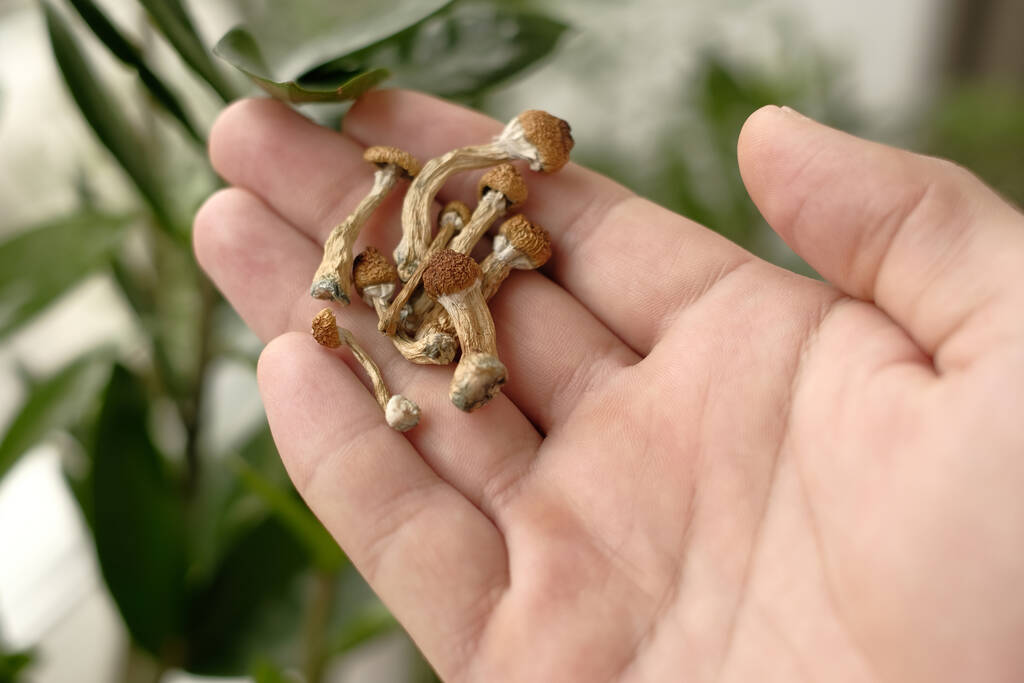Researchers at Johns Hopkins University School of Medicine have conducted a longitudinal study exploring how psilocybin experiences impact people’s beliefs about mind perception and their spiritual or metaphysical views.

Dried psilocybin mushrooms.
Published recently in the Journal of Psychoactive Drugs, the study involved 657 participants who planned to have a psilocybin experience outside a clinical setting.
Participants were surveyed before and after their experiences, with questions focused on mind perception (the ability to attribute consciousness or mental states to entities like animals, plants, or even inanimate objects), as well as their broader metaphysical and religious beliefs, including Atheist-Believer status.
“Replicating previous findings, we observed increases in mind perception across a variety of living and non-living targets (e.g. plants, rocks)”, states the study. “However, we found little to no change in metaphysical beliefs (e.g. dualism) or Atheist-Believer status.”
Taken together, researchers claim “these findings contrast with those from cross-sectional studies that psilocybin experiences result in changes to Atheist-Believer status and non-naturalistic beliefs but support the relevance of mind perception and mentalization.”
For more information on this study, click here. The study’s full abstract can be found below:
Recent studies suggest psychedelic use may be associated with changes in a variety of beliefs or belief-like states, including increased 1) mind perception, 2) non-naturalistic beliefs, and 3) Atheist-Believer status (e.g. believer, agnostic, or nonbeliever). We conducted a prospective longitudinal study among participants (N = 657) who planned to have a psilocybin experience outside a laboratory setting. We asked participants about their beliefs concerning mind perception of various entities, specific metaphysical positions, and Atheist-Believer status both before (and after their experience. Replicating previous findings, we observed increases in mind perception across a variety of living and non-living targets (e.g. plants, rocks). However, we found little to no change in metaphysical beliefs (e.g. dualism) or Atheist-Believer status. Taken together, these findings contrast with those from cross-sectional studies that psilocybin experiences result in changes to Atheist-Believer status and non-naturalistic beliefs but support the relevance of mind perception and mentalization.






